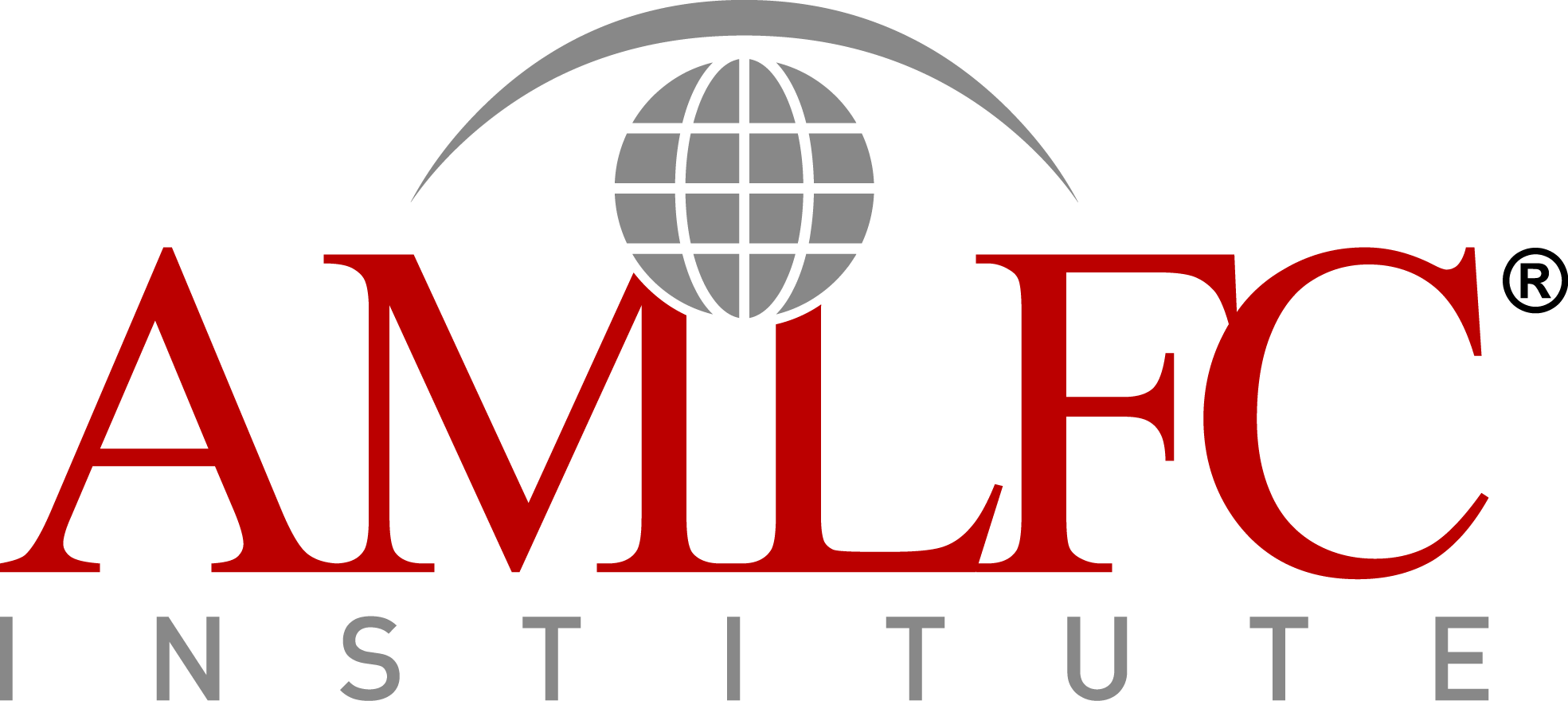This certification course content includes:
- Introduction to AML/Anti-Terrorism/CFT Ecosystem
- Overview of Counter Financing of Terrorism/Anti-Terrorism
- Sanctioning bodies and Recommendations on CFT – EU, UN, US – OFAC, UK, Defences used by reporting entities
- Fundamental differences between Money laundering and Terrorist Financing
- Terrorism and the Global impact Social/economic impact
- CFT/TF Threat Assessment- Understanding TF Risks (Customer Risks Rating)
- Know Your Customer in relation to CFT/TF & Comparison of Indicators – ML & CFT
- Customer Due Diligence (CDD) and Non-profit organizations
- Enhanced Due Diligence (EDD) & Retrospective Due Diligence (RDD) – Preventing TF exploitation of financial products
- Compliance responsibility ML/TF; QTR’s & TFR’s; regulatory requirements
- Reporting (STR’s) on suspected terrorism and terrorists financing
- Confiscation of terrorist’s property and the role of the compliance officer
- The FTF phenomena – International & Regional perspectives
- Social Media for propaganda and crowd funding, proliferation
- Cybercrime & Terrorism
Learning Objectives:
- Develop a fundamental understanding of AML/Anti-Terrorism/CFT Ecosystem
- Define and understand the regulatory requirements of Counter Financing of Terrorism and Anti-Terrorism
- Learn the sanctioning bodies and recommendations on CFT in a global context
- Distinguish and understand between the fundamental differences of money laundering and terrorist financing
- Understand the global impact of terrorism in a social and economic context
- Understand and develop the CFT/TF assessment taking into account the different risks
- Distinguish between customer due diligence, enhanced due diligence, and retrospective due diligence
- Understand the steps involved in reporting suspected terrorism and terrorist financing
- Have a keen understanding of the role of the compliance officer in terms of the confiscation of terrorist property
- Understand cybercrime and its impacts on terrorism
Prerequisites:
To qualify for admission to this AML/CFT/FCP Certification Program sequence of courses, in addition to a high school diploma and/or have entry-level qualifications to a college/university a student must qualify via at least one of the following:
- Be enrolled at a University Partner’s institution;
- Be admitted at any University Partner’s institution;
- Have obtained at least an Associate Degree from another accredited institution; or
- Have accumulated five (5) years of experience working for a regulated entity under AML/CFT/CFP/FCP, a regulator, an enforcement agency or government, and possess at least a high school diploma.
Program Level: Beginners/Intermediate
Instructional Delivery Method: Group Live or Group Internet Based
CPE Credit: 40
Refund Policy Click Here
Cancellation Policy Click Here
Complaint Resolution Policy Click Here
